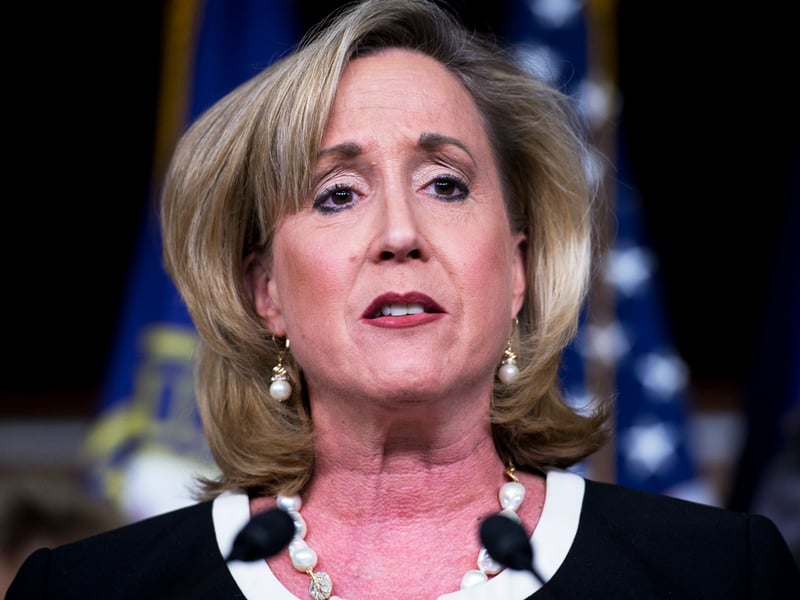

A representative who was a strident opponent of the Obama administration Labor Department’s fiduciary rule and a stout defender of Regulation Best Interest is taking over a House subcommittee with jurisdiction over policies affecting financial advisors.
Rep. Ann Wagner, R-Mo., this week was named chairwoman of the House Financial Services Subcommittee on Capital Markets. The panel oversees the Securities and Exchange Commission, among other agencies, and focuses on investor protection and capital formation.
Wagner was one of several subcommittee leaders appointed by the new chairman of the full committee, Rep. Patrick McHenry, R-N.C. Republicans have ascended to the top of House committees thanks to the slim House majority the party attained in November’s midterm elections.
“Chair McHenry and I worked closely in the last Congress while I was the committee’s vice-ranking member, and I will continue that partnership as chair of the Subcommittee on Capital Markets, where I will work to strengthen our public markets, help small businesses and entrepreneurs access capital and increase investor opportunities for main street investors,” Wagner said in a statement.
Wagner led the charge to kill the Obama DOL’s fiduciary rule, writing a bill that would have forced DOL to wait for the SEC to go first on an investment advice regulation. Her legislation failed but the Obama rule was later vacated in a federal court, and the SEC wound up promulgating Regulation Best Interest, the broker advice standard.
In 2021, Wagner pressed SEC Chairman Gary Gensler during a House Financial Services Committee hearing on whether he intended to leave Reg BI intact. That exchange was among the first public indications that the Democratic-majority SEC under Gensler would not scrap Reg BI but rather would ensure the rule meets its investor protection promises through guidance and enforcement.
McHenry made a major change in committee structure by adding a Subcommittee on Digital Assets, Financial Technology and Inclusion. That panel likely will take the lead on writing legislation regarding the oversight of cryptocurrency.
McHenry eliminated a subcommittee on diversity in the financial services industry, which Democrats created in the previous Congress when they controlled the committee. Instead of a stand-alone panel on diversity, each subcommittee now has as part of its job description “identifying best practices and policies that continue to strengthen the financial industry’s commitment to diversity and inclusion.”
On the other side of Capitol Hill, the Senate Banking Committee has the same jurisdiction as House Financial Services. Since the Democrats held their Senate majority, they still lead Senate committees. The banking chairman remains Sen. Sherrod Brown of Ohio.
The ranking Republican, however, has changed. Sen. Tim Scott of South Carolina will now lead the GOP on the banking panel. He is familiar with the financial advice sector thanks to his previous career as an insurance sales professional. He also is a former member of the National Association of Insurance and Financial Advisors.

While industry statistics pointing to a succession crisis can cause alarm, advisor-owners should be free to consider a middle path between staying solo and catching the surging wave of M&A.

New joint research by T. Rowe Price, MIT, and Stanford University finds more diverse asset allocations among older participants.

With its asset pipeline bursting past $13 billion, Farther is looking to build more momentum with three new managing directors.

A Department of Labor proposal to scrap a regulatory provision under ERISA could create uncertainty for fiduciaries, the trade association argues.

"We continue to feel confident about our ability to capture 90%," LPL CEO Rich Steinmeier told analysts during the firm's 2nd quarter earnings call.
Orion's Tom Wilson on delivering coordinated, high-touch service in a world where returns alone no longer set you apart.
Barely a decade old, registered index-linked annuities have quickly surged in popularity, thanks to their unique blend of protection and growth potential—an appealing option for investors looking to chart a steadier course through today's choppy market waters, says Myles Lambert, Brighthouse Financial.
